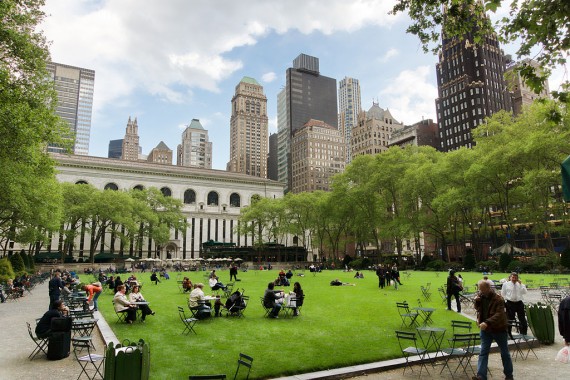They were once considered a panacea for troubled city neighborhoods, but Business Improvement Districts (BIDs) in New York City are now viewed with increasing cynicism.
With 72 BIDs currently operating in the city, many question their motives. In Queens, community activists are trying to prevent the largest BID in the city from forming in Jackson Heights. Residents and small business owners fear they’ll be pushed out as gentrification and national retailers set up shop.
“They are cartels for landlords,” Moshe Adler, an adjunct professor of urban planning at Columbia University told Crain’s. “Make no mistake, BIDs may help small businesses when it suits them. But their fundamental role is advancing the interests of property owners.”
Property and business owners contribute to the maintenance, development and promotion of their commercial districts, and in return effectively form lobbying groups for those landlords. BIDs invested $172 million in districts last year, The Real Deal reported last month, in a story that looked how developers use them to exert their influence on city policy.
Critics say BIDs are not ways for developers to give back to their community, but thinly veiled promotions of their own interests. Earlier this year, the Alliance for Downtown New York joined with City Hall to convince the council to allow landlords to rent 110,000 square feet of arcades to commercial retailers. Jerold Kayden, a Harvard professor of urban planning and design, told Crain’s that the move raised the value of the rezoned properties by around $77 million, a boon for their owners – which includes Brookfield Asset Management and RXR Realty — which are Alliance members.
Others argue that BIDs are now irrelevant. “The big BIDs have achieved their mission of cleaning up their areas,” said Rachel Meltzer, an urban policy professor at the New School. “They are now trying to figure out new ways to be useful.” [Crain’s] — Miriam Hall
